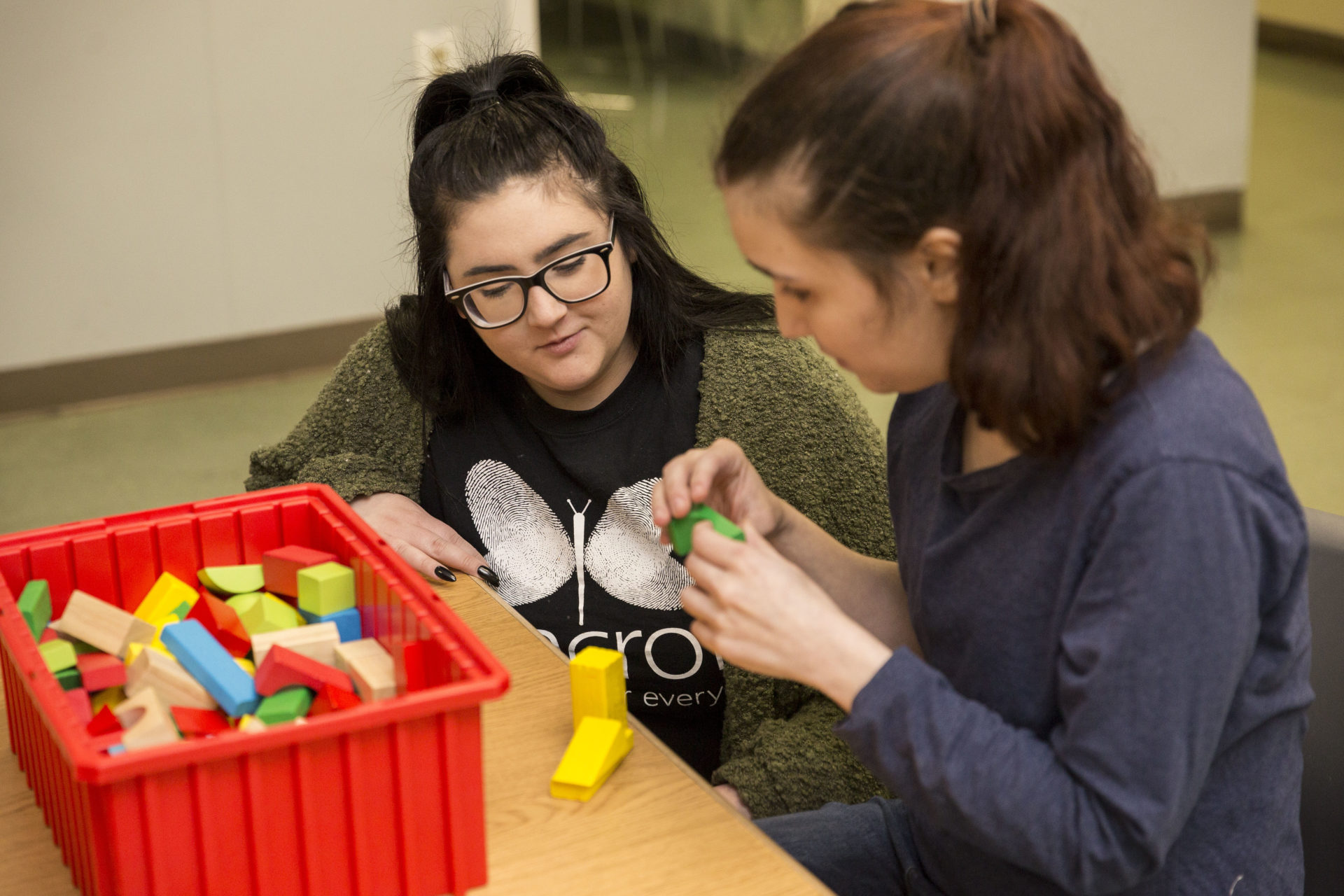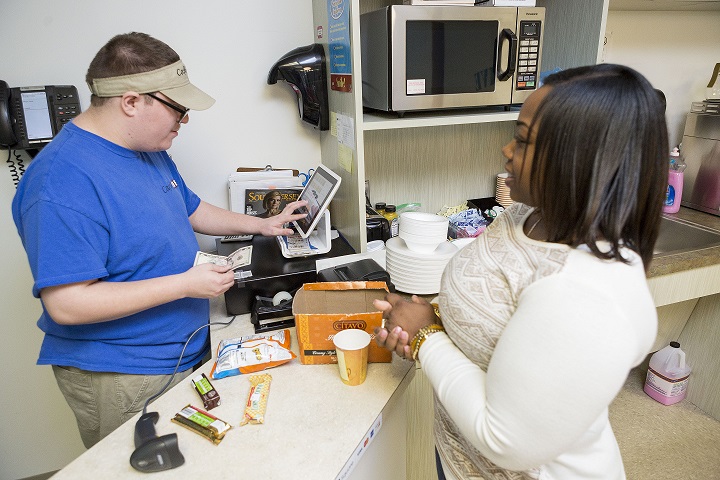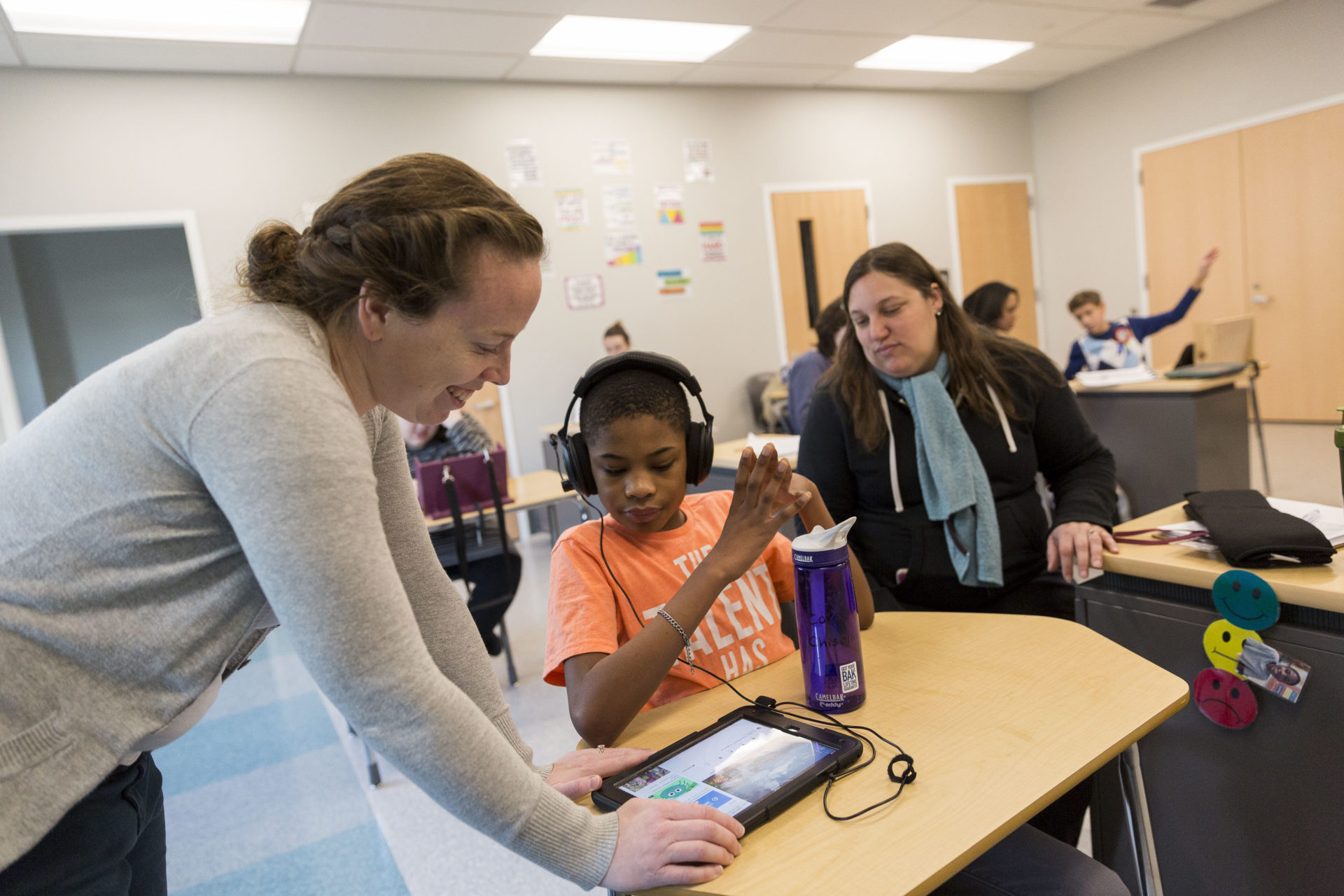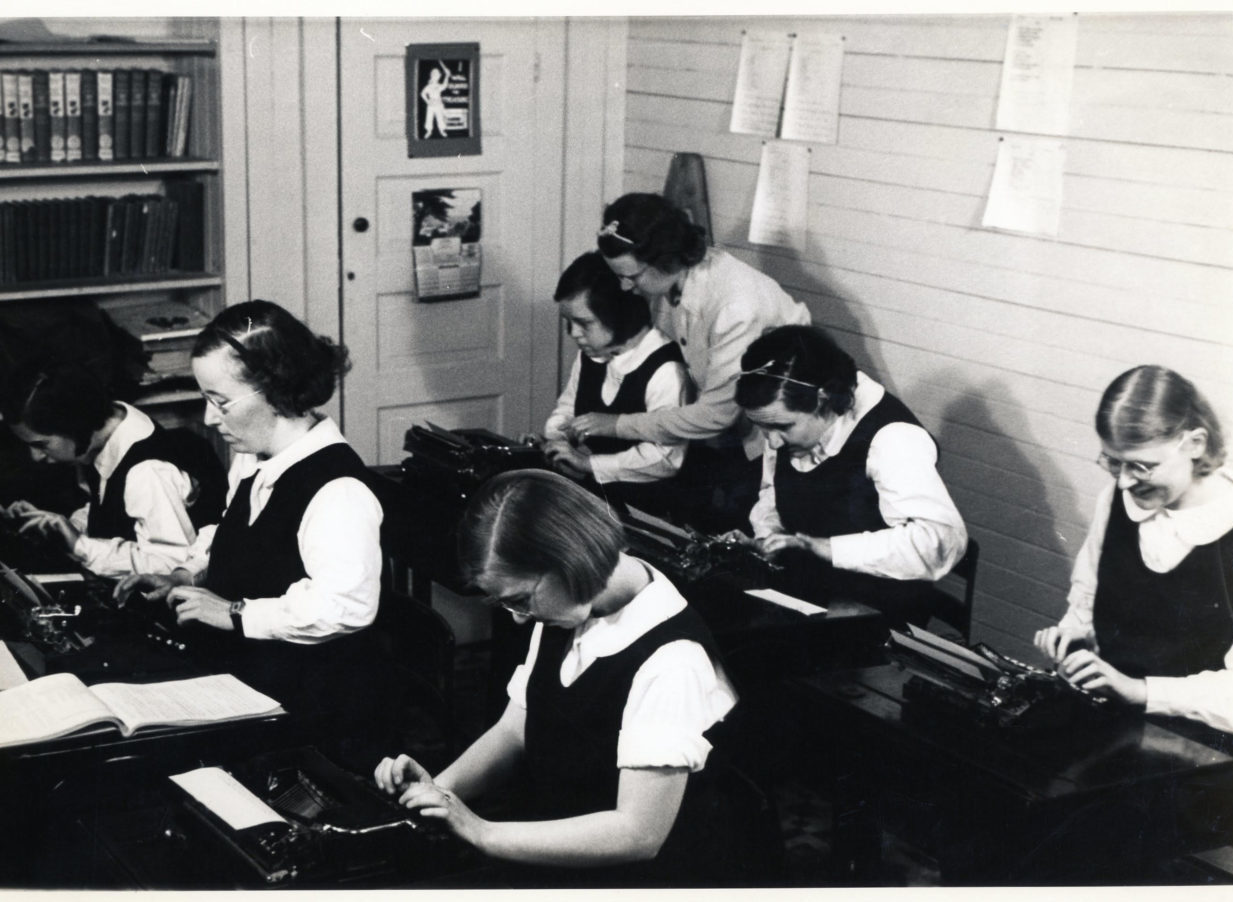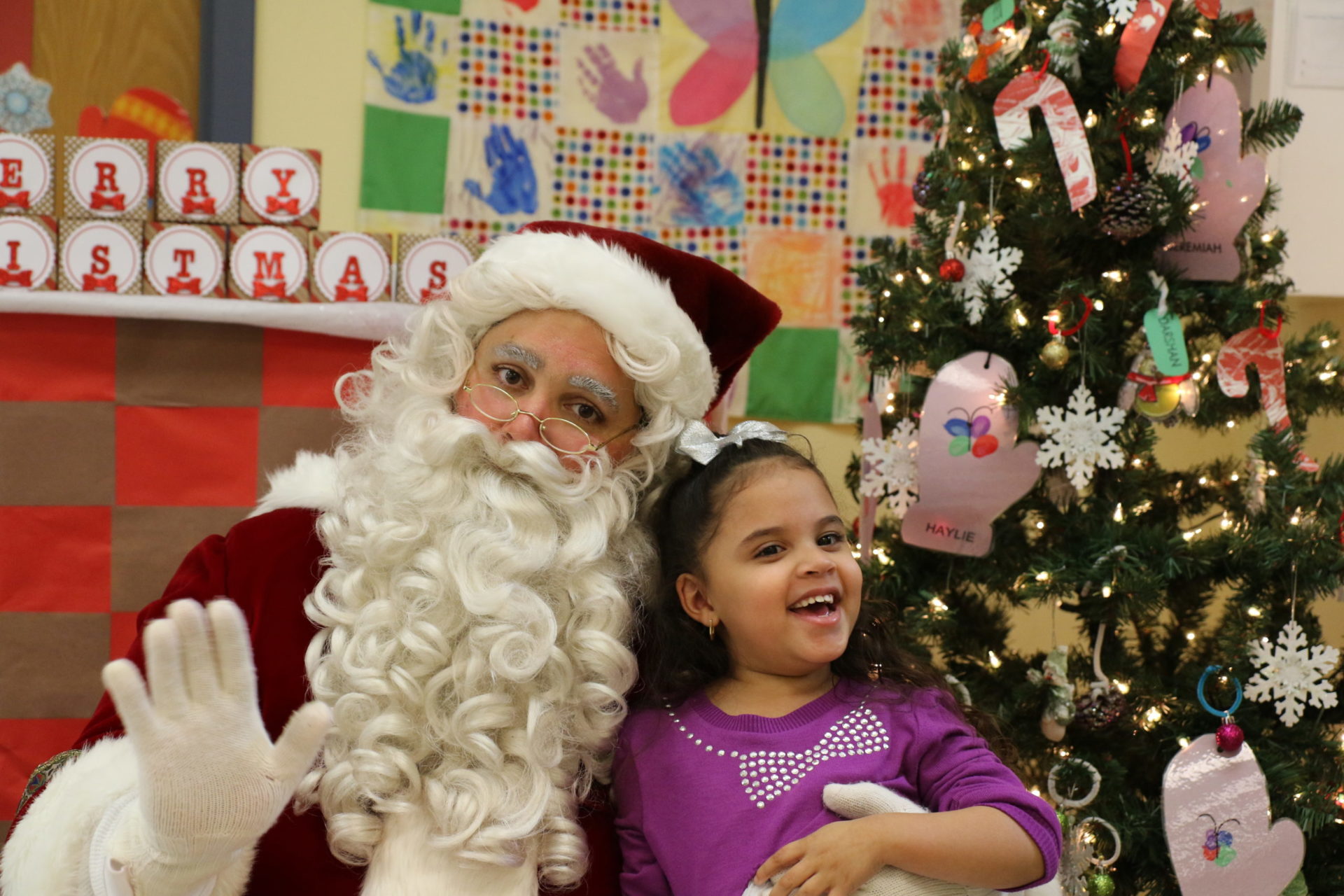By Molly Voss, DNP, ANP-BC
Advanced Practice Nurse Supervisor
The holidays are supposed to be a time of joy and celebration. After all, as the song goes… it’s the most wonderful time of the year. But travel, planning, shopping, cooking and being in close quarters with extended family and friends can be overwhelming for anyone.
Disrupted schedules and routines, unfamiliar environments, lengthy travel, noisy get-togethers and new foods can infuse stress into seasonal festivities. For children with autism, many of these are triggers for those who struggle with diets with limited preferred foods, sensory overload and impulse control. For families of individuals with autism or other developmental disabilities, the holidays can present special challenges, as well.
However, there are ways you can help minimize the impact for both you and your loved one. Throughout my time as a nurse practitioner at Bancroft working with children and adults with autism and other disabilities, I have worked with many families facing similar challenges – and there are several strategies that can help lessen both your and your child’s anxiety.
Preparation is key to helping your loved one weather the potentially overwhelming festivities. Think ahead about which aspects of the day could present the biggest challenges, and have a plan. Here are seven strategies I’ve employed to help families with a loved one on the autism spectrum navigate the holidays with ease:
1. Rehearse
Create the dinner experience ahead of time. Let your child sample menu items; set the table; maybe play holiday music and explain your traditions. They may be more receptive in a safe, quiet environment without the pressure and commotion of the main event.
2. Prepare a favorite food
Will your child only eat chicken nuggets? Have them on hand! Help keep hunger at bay with some healthy, easy-to-access snacks. Manage portion sizes by packing favorite sizes in portable baggies. This may be particularly helpful during holiday-related shopping and errands, or if you’re traveling to your destination.
3. Limit food access
Is access to food a trigger? Consider plating appetizers and dinner from the kitchen, instead of putting serving dishes out on the table. Help over-excited eaters pace themselves by placing small portions of food on the plate; you can always serve seconds. You may want to practice pacing and spacing out bites ahead of time; use a timer or verbal/visual cue to practice waiting in between bites. Give a small reward as positive reinforcement.
4. Monitor intake of treats
There’s no shortage of sweet treats during holiday gatherings, so be cautious of the amount of sugar your loved one consumes. Too much sugar and overstimulation can lead to problems for any child.
5. Identify a quiet, safe space where your child can destress
If your child becomes overstimulated or overwhelmed, don’t hesitate to let them retreat to eat dinner in another area. Pack music, an iPad and headphones, or a favorite toy, if these might help. If possible, build breaks into a long day with opportunities to get outside for exercise and fresh air. When signs of stress are seen, a trip outside can be beneficial.
6. Remember to offer an incentive
Great behavior should be reinforced. Offer praise frequently for positive behaviors.
7. Keep a visual calendar of events
Children with autism often respond well to a predictable schedule. I advise placing the calendar prominently in your home and reviewing it on a regular basis with your loved ones. Discuss any concerns they might share.
You know your loved one better than anyone. You understand their unique needs and challenges, and therefore, you know best how to help them manage stress and anxiety. Planning ahead and allowing extra time for breaks can truly make a difference when enjoying your holiday together.




